14 September 2016 – The European Commission unveiled today its proposal for the update of the telecommunications framework legislation.
Its lack of ambition is disappointing. The unmotivated provisions on emergency services in the proposal (Article 102) neither benefit from today’s technologies nor address today’s problems.
Close to nothing is done to tackle the problem of emergency caller location from mobiles (75% of total emergency calls). But emergency services access from Over-the-Top services, or OTTs, (e.g. Skype Out) has a central role, although it represents an insignificant proportion. This shows how the European Commission focuses where it is not needed, while neglecting real access to emergency services problems.
THE TAKE-AWAY
MAIN PUBLIC SAFETY PROBLEM HAS NOT BEEN TACKLED
EMERGENCY CALLER LOCATION
Where are we?
In many countries, accuracy for emergency calls from mobiles is on average 2 km; in others it is received by fax after 28 minutes. GNSS data, including Galileo, should be utilised. Advanced Mobile Location (AML), deployed in Estonia and the UK, uses both GNSS and Wi-Fi. Google enabled AML on all Android phones globally and it is a shame the European Commission does not benefit from this.
What does the proposal add?
The need to use GNSS and Wi-Fi data to improve caller location is only mentioned in a non-binding way.
What is the minimum Europeans should expect?
Handset-derived information is recognised as a valuable tool but the proposal does not benefit from such technologies. Caller location, one of the main problems of emergency services, is treated as secondary. The use of GNSS data and Wi-Fi should be a clear legislative obligation.
OTHER KEY POINTS
REMARKABLE LACK OF AMBITION
PUBLIC WARNING
Where are we?
Nice, Paris, Brussels… The list could go on. We need an EU-wide public warning system notifying Europeans on their mobile phones about ongoing/upcoming disasters and threats.
What does the proposal add?
Despite the well-known security threats and ever-likely disasters, the European Commission does not proceed with any provision on an EU-wide public warning mechanism.
What is the minimum Europeans should expect?
Legislation should include the intent of the EU to establish a pan-European public warning mechanism as soon as possible. Such a system should allow Europeans to be notified directly on their mobile phone.
ACCESSIBILITY FOR DISABLED USERS
Where are we?
EU legislation states that disabled users should enjoy equal access to that of other end-users. But means of accessing emergency services are insufficient, or, in some Member States non-existent.
What does the proposal add?
No important additions are made.
What is the minimum Europeans should expect?
Provisions on accessibility are encouraging but the updated legislation should consider the implementation failures of the past and push towards real equal access.
112 AWARENESS
Where are we?
EU law mandates countries to ensure citizens are adequately informed about 112. But 25 years after its establishment, 112 is unknown by the majority of Europeans as the European emergency number.
What does the proposal add?
No important additions are made.
What is the minimum Europeans should expect?
Abstract terms, such as “adequately informed” create obstacles to implementation. Legislation should provide clear guidelines and objectives. Moreover, the European Commission should allow for awareness to be actively undertaken by the EU institutions.
So what are we left with?
The telecommunications legislation is an opportunity for the EU to show added-value to Europeans’ safety. But emergency access is largely left untouched, with significant problems remaining unaddressed.
EENA will continue to push hard for emergency access improvement to benefit citizens’ interests. We remain available to contribute any way we can towards that goal.
Useful links:
- Opinion piece "A US internet giant is doing what the EU refused to do to improve emergency calls"
- EENA reaction to the Nice terrorist attack "Enough is enough! We need an efficient public warning system"
- EENA press release "Advanced Mobile Location is now available in all Android phones!"
- Information on Advanced Mobile Location, available here
- European Parliament asks for equal access to 112 for people with disabilities
- "EENA reminds Mr. Oettinger of his responsibilities" in a message after the #BrusselsAttacks
- European Commission proposal webpage, available here
- European Commission proposal, available here
